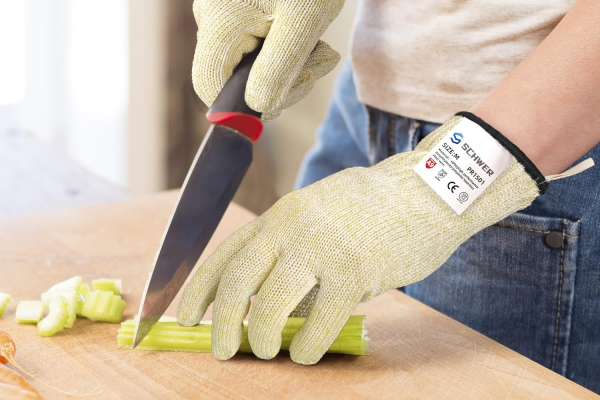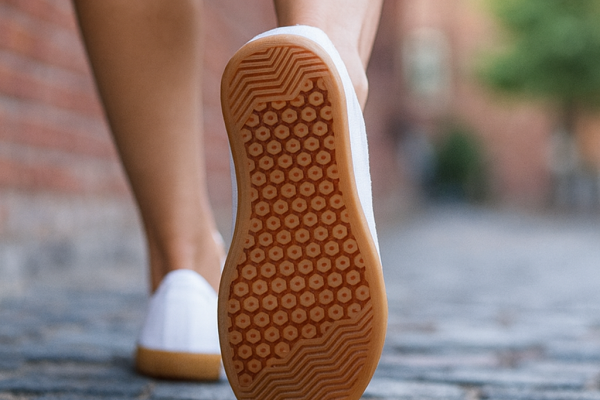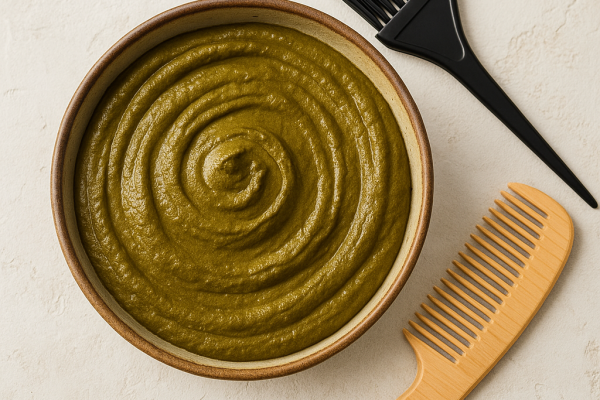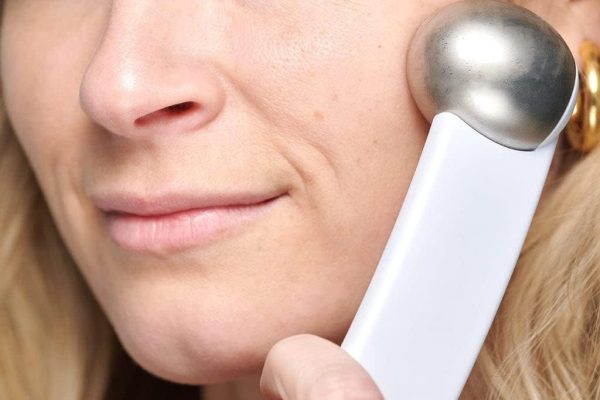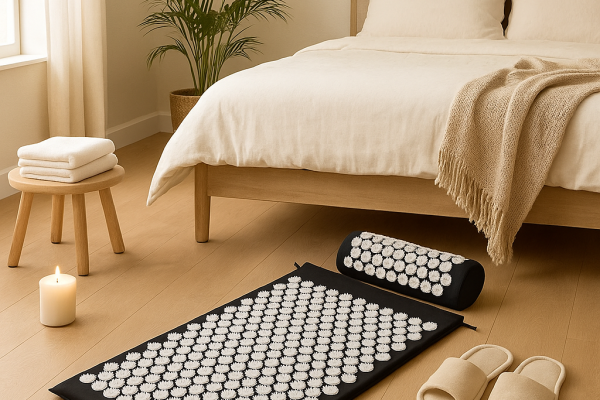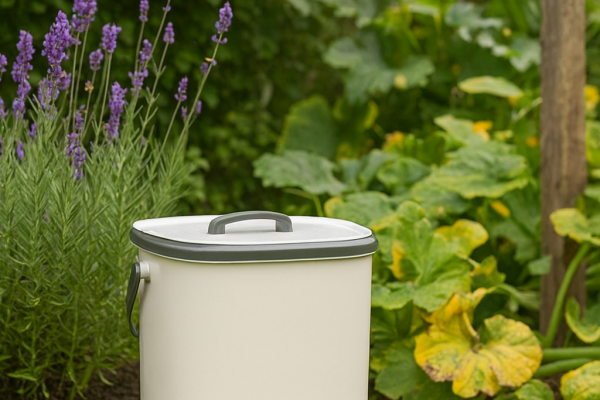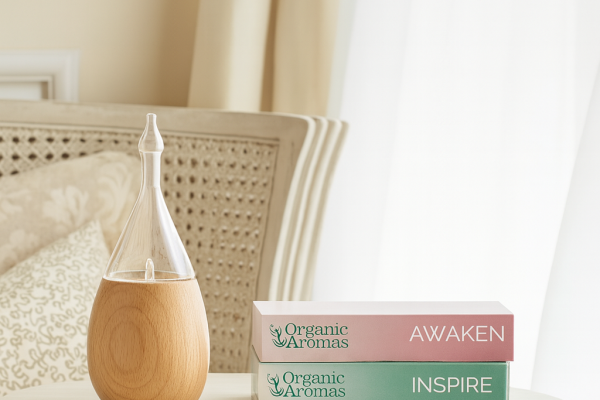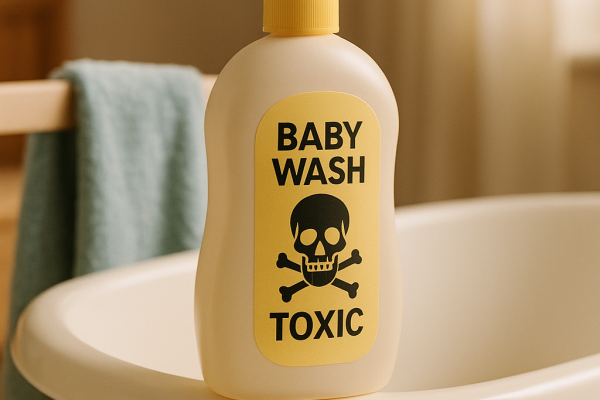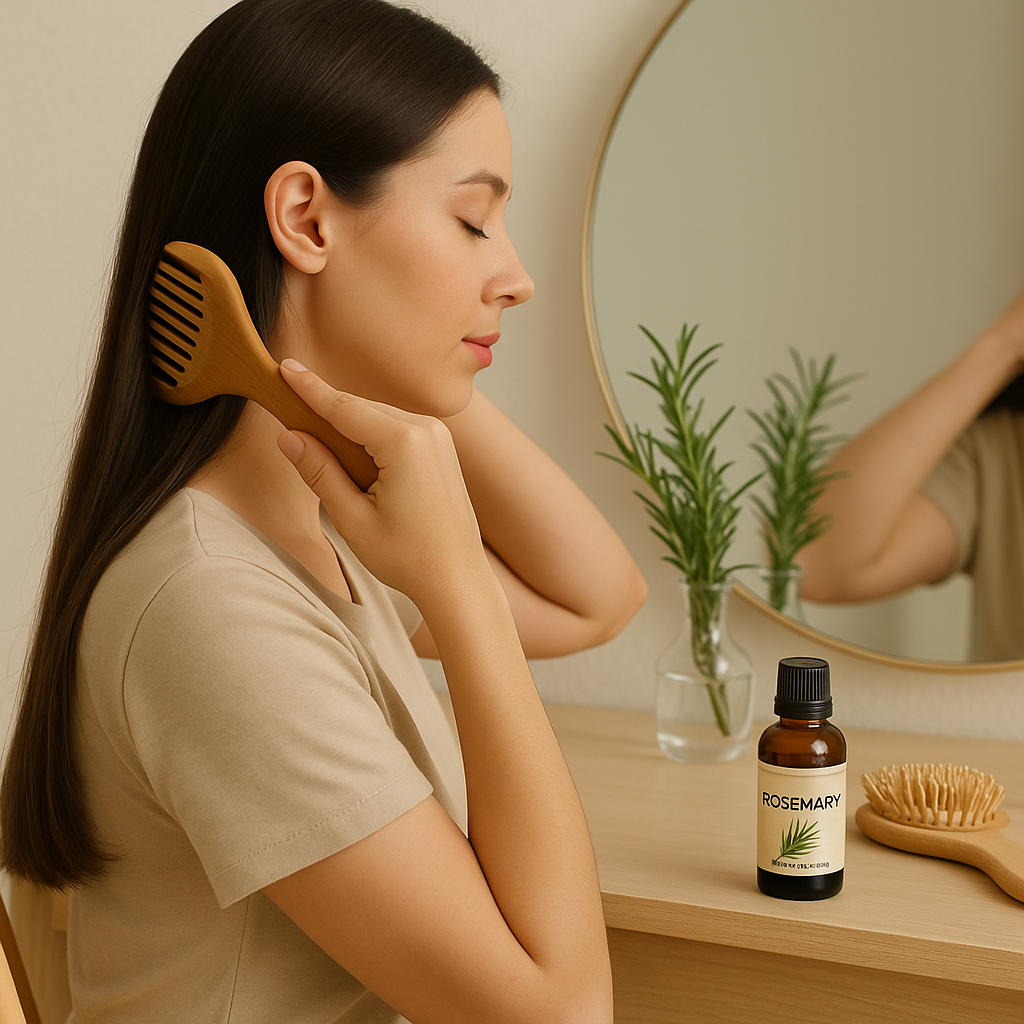 You’ve noticed it. Maybe in the mirror, maybe in photos. Your hair looks thinner. The part is wider. Those first gray strands are multiplying faster than you expected.
You’ve noticed it. Maybe in the mirror, maybe in photos. Your hair looks thinner. The part is wider. Those first gray strands are multiplying faster than you expected.
Most people reach for expensive treatments or accept their fate. But there’s a third option backed by clinical research: rosemary essential oil.
Here’s what makes this different from trendy hair hacks: A randomized controlled trial found rosemary oil performs as well as Minoxidil 2% after six months of use—without the harsh side effects. Even better, the same compounds that grow hair may also delay premature graying.
This guide shows you exactly how to use rosemary oil safely and effectively for both hair density and color maintenance.
Why Rosemary Oil Actually Works (The Science Made Simple)
Rosemary vs. Minoxidil: The Head-to-Head Results

A six-month clinical study compared rosemary essential oil directly against Minoxidil 2%, the FDA-approved hair growth treatment. The findings:
- At 3 months: Neither group showed significant hair count increases
- At 6 months: Both groups had significant hair growth compared to baseline
- The difference between them: Statistically insignificant (they worked equally well)
- Side effects: Rosemary oil caused significantly less scalp itching than Minoxidil
This matters because you’re getting pharmaceutical-grade results from a botanical treatment with better tolerability.
The DHT Connection: How Rosemary Targets Hair Loss
Androgenetic alopecia (pattern hair loss) happens when dihydrotestosterone (DHT) attacks your hair follicles. DHT shrinks the follicles over time, producing thinner, shorter hairs until they stop growing entirely.
Rosemary oil contains Carnosic Acid, a compound that blocks 5-alpha reductase—the enzyme that converts testosterone into DHT. By stopping this conversion at the scalp level, rosemary oil addresses the root hormonal cause of hair thinning.
Minoxidil doesn’t do this. It only increases blood flow. Rosemary oil does both: blocks DHT and improves circulation.
Additional Benefits That Support Hair Growth
Beyond hormone regulation, rosemary oil provides:
Enhanced Scalp Circulation
- Increases blood flow to hair follicles
- Delivers more nutrients and oxygen to the dermal papilla
- Supports the active growth phase of the hair cycle
Antioxidant Protection
- Contains Carnosol and Rosmarinic Acid
- Shields follicle stem cells from free radical damage
- Protects against oxidative stress that ages hair prematurely
Rosemary Oil for Gray Hair: Can It Really Help?
Here’s where things get interesting. While most studies focus on growth, research shows rosemary oil may also slow premature graying.
The Melanin Mechanism
Gray hair happens when melanocytes (pigment-producing cells) die or stop producing tyrosinase, the enzyme that creates melanin.
Rosmarinic Acid, another active compound in rosemary oil, directly impacts this process by:
- Activating the Protein Kinase A (PKA) signaling pathway
- Triggering phosphorylation of CREB protein
- Increasing tyrosinase expression
- Boosting total melanin content in cells
This isn’t vague “antioxidant support”—it’s a specific biochemical pathway that supports melanin production.
What the Research Actually Shows
- Large-scale health analyses found regular rosemary oil use correlates with reduced likelihood of premature graying
- The effect works best as a preventative measure, not a reversal treatment
- Recommended application: up to three times per week for color maintenance
- Results require consistent, long-term use
Reality check: Rosemary oil won’t turn existing gray hairs back to their original color. But it may help maintain pigment in hairs that haven’t fully grayed yet and slow the process in healthy follicles.
Critical Safety Step: Dilution Is Non-Negotiable
Pure rosemary essential oil applied directly to skin is dangerous. It can cause severe allergic reactions, redness, and photosensitivity.
You must dilute it properly. No exceptions.
Standard Therapeutic Dilution (2%)
This concentration matches what was used in clinical efficacy studies:
Recipe:
- 6 drops rosemary essential oil
- 1 tablespoon (15 ml) carrier oil
- Mix thoroughly before each use
Sensitive Scalp Dilution (1%)
For those with known skin sensitivities or starting out:
Recipe:
- 3 drops rosemary essential oil
- 1 tablespoon (15 ml) carrier oil
- Monitor tolerance before increasing concentration
Choosing Your Carrier Oil: Not All Oils Are Equal
The carrier oil isn’t just a dilution agent—it enhances the treatment.
Best Carrier Oils for Hair Growth
For Maximum Thickness: Castor Oil
- Rich in ricinoleic acid and omega-6 fatty acids
- Actively promotes blood flow to the scalp
- Creates thicker, stronger hair strands
- Best choice if density is your primary goal
For Balanced Benefits:
- Jojoba oil: Mimics natural sebum, won’t clog follicles
- Argan oil: Moisturizing, good for dry scalp
- Coconut oil: Penetrates hair shaft, reduces protein loss
- Olive oil: Antioxidant-rich, widely available
Application Methods: Two Proven Approaches
Method 1: Targeted Scalp Massage (High Efficacy)
Cliganic Organic Rosemary Essential Oil [click to view…]
This delivers maximum concentration directly where you need it.
How to Apply:
- Part your hair in sections to expose the scalp
- Apply diluted oil mixture directly to scalp (not hair length)
- Focus on thinning areas or areas of concern
- Massage with fingertips for 5-10 minutes
- Leave on for minimum 5 minutes (up to 20 minutes for better results)
- Rinse thoroughly with shampoo
Frequency:
- Start with 1-2 times per week
- Gradually increase to daily if scalp tolerates well
- Consistency matters more than frequency
Why massage helps: The physical stimulation increases blood flow separately from the oil’s effects, creating a synergistic benefit.
Method 2: Product Integration (Maintenance Treatment)
VITAL AFFAIR Blend Of Pure Rosemary Oil For Hair Growth [click to view…]
For ongoing, low-dose exposure—particularly useful for preventing gray hair.
How to Apply:
- Add 5 drops rosemary essential oil per ounce (30 ml) of product
- Mix into your existing shampoo, conditioner, or hair mask
- Use as normal during regular wash routine
- Shake bottle before each use to redistribute oil
Advantages:
- Consistent exposure with every wash
- Easier to maintain long-term
- Good for sensitive scalps
- Supports melanocyte health through regular contact
Quick Reference Guide

Safety Warnings and Side Effects
Mandatory Patch Test
Before applying rosemary oil to your entire scalp:
- Apply small amount of diluted mixture to inner elbow or behind ear
- Wait 24-48 hours
- Check for redness, itching, or irritation
- Only proceed to full application if no reaction occurs
Who Should Not Use Rosemary Oil
Absolutely avoid if:
- Pregnant or breastfeeding (safety not established)
- Planning to take it orally (dangerous—topical use only)
- History of severe allergic reactions to essential oils
Use with caution if:
- You have sensitive skin
- You have eczema or psoriasis
- You’re using other topical scalp treatments
Common Questions Answered
Q: Will results last if I stop using it? Like Minoxidil, stopping treatment will likely result in gradual loss of gains over several months.
Q: Can I make it work faster than 6 months? No. The clinical evidence shows 6 months is when results appear. Hair growth cycles can’t be rushed.
Q: Does it work for women and men equally? The clinical trial included both genders. Results were similar across groups for androgenetic alopecia.
Final Word: Consistency Beats Intensity
Rosemary oil works through sustained biological processes that take months to manifest. Applying it daily for two weeks, then giving up because you don’t see results, guarantees failure.
The clinical evidence is clear: six months of consistent use delivers results comparable to pharmaceutical treatments. The compounds in rosemary oil—Carnosic Acid and Rosmarinic Acid—provide a dual-action approach that addresses both follicle miniaturization and melanocyte support.
But they only work if you use them correctly and persistently.
Mix your dilution properly. Perform your patch test. Start your application schedule. Mark your calendar for six months from now. That’s when you’ll know if this natural treatment works for your hair.
The research suggests it probably will—if you give it enough time.
Dora Decora is a biophilic interior design specialist and passionate blogger. With a deep commitment to integrating nature into living spaces, Dora specializes in creating environments that foster human-nature connections through thoughtful design elements. Her approach emphasizes sustainable materials, natural lighting, and organic patterns that enhance wellbeing and reduce environmental impact.
This post (https://homechroma.com/how-to-use-rosemary-essential-oil-for-hair) was originally published by Dora Decora on Home Chroma. As an Amazon Associates partner, we are compensated for all qualifying purchases.










